El Salvador’s Congress recently approved a constitutional reform with significant political implications: the possibility of indefinite presidential reelection. The measure, promoted by the ruling majority in the Legislative Assembly and ratified without prior public debate, marks a turning point in the Salvadoran political system and has generated both popular support and a wave of criticism inside and outside the country.
A controversial reform without checks and balances
With 57 votes in favor out of a total of 60 deputies, the Assembly—dominated by Nayib Bukele’s Nuevas Ideas party—endorsed a substantial modification of the constitutional order. The reform not only allows for the indefinite reelection of the president, but also extends the term of office from five to six years and eliminates the second round of elections. In addition, it establishes that the current presidential term will end in 2027, rather than in 2029 as planned, in order to coincide with the legislative and municipal elections.
For pro-government legislators, these changes seek to “give more power to the people” and promote political and legal stability. They argue that extending the term will reduce electoral costs and allow for greater continuity in public policies.
However, the opposition does not share this view. Members of Congress such as Marcela Villatoro (ARENA) and Claudia Ortiz (VAMOS) have denounced the reform as a clear attempt to concentrate power in a single political group, warning of the weakening of democracy and the lack of citizen participation in the process. During the parliamentary session, Villatoro held up a sign that read: “Today democracy died.”
A path paved by institutional control
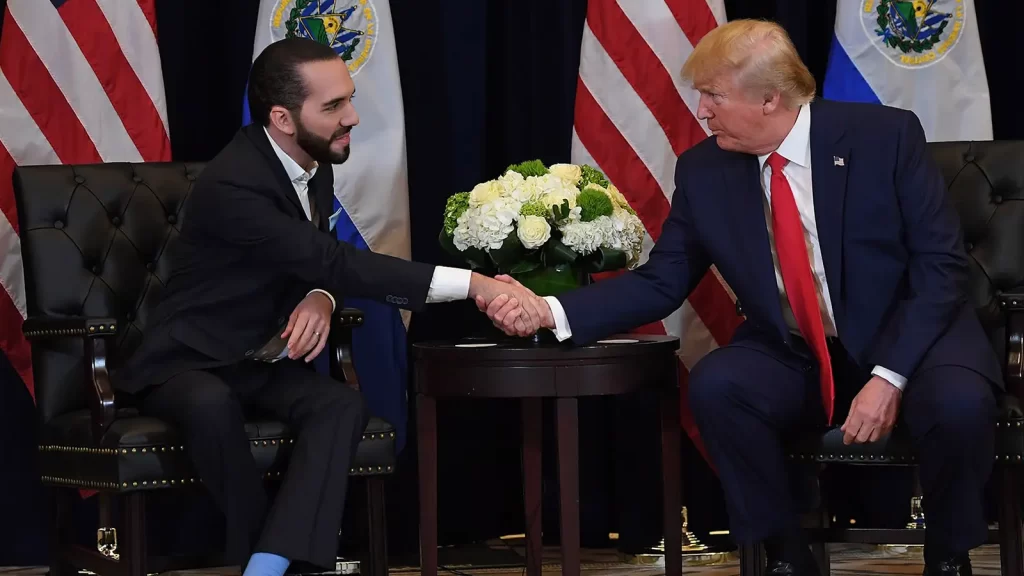
Bukele’s re-election in 2024 had already been made possible by a controversial reinterpretation of the Constitution by a Constitutional Chamber composed of judges sympathetic to the president. This decision was widely criticized, as the Salvadoran Constitution explicitly prohibited consecutive re-election.
Human rights organizations have pointed out that this accumulation of power is part of a broader process of democratic deterioration. The director for the Americas at Human Rights Watch, Juanita Goebertus, has compared the situation to the political evolution in Venezuela, where a leader’s popularity was used as a platform to dismantle the checks and balances of the state.
Security at the expense of freedoms
Much of Bukele’s popular support stems from his tough stance on gangs. Since he took office in 2019, the country has seen a dramatic reduction in homicide rates, transforming El Salvador—formerly one of the most violent countries in the world—into one of the safest in the region.
This achievement has been accomplished under a state of emergency that has been in effect for more than three years and has allowed for mass arrests. However, international organizations and NGOs have denounced multiple human rights violations, including arbitrary arrests, lack of due process, and inhumane conditions in detention centers such as CECOT, the maximum-security mega-prison.
Bukele has responded to criticism with disdain. “I’d rather be called a dictator than allow Salvadorans to die in the streets,” he said in a speech, making it clear that for his administration, public safety justifies extraordinary measures.
Repression of critical voices and exodus of journalists
At the same time, the government has been accused of systematically repressing activists, journalists, and human rights defenders. The arrests of figures such as Ruth López and Enrique Anaya, both critics of the government, have raised alarms about the instrumental use of the judicial system to silence dissent.
The context of repression has caused dozens of journalists and activists to leave the country for fear of reprisals. Among them are members of the digital media outlet El Faro, who claim to have been subjected to intimidation and threats after publishing investigations implicating the government in pacts with gangs, accusations that Bukele categorically denies.
The Foreign Agents Law, passed this year, has also been seen as an attempt to legally and economically stifle independent media and organizations, forcing them to register and pay 30% taxes on external funds.
The paradox of popularity
Despite warnings about a possible authoritarian drift, Bukele maintains extremely high popular approval ratings. Recent polls attribute more than 80% support to him, a level difficult to find in other Latin American leaders. For many Salvadorans, achievements in security outweigh restrictions on civil liberties.
However, studies such as those by the University Institute of Public Opinion (IUDOP) warn that a majority of Salvadorans also recognize that criticizing the president can have negative consequences. This suggests that public opinion favorable to Bukele is produced in a context of media concentration, institutional control, and fear of dissent.
Democracy at risk?
Analysts such as Bessy Ríos and organizations such as Cristosal believe that El Salvador has entered a phase of open authoritarianism. They denounce the official narrative, which presents the constitutional reform as a victory for the people, as actually concealing a process of unlimited consolidation of power. “We are living under a de facto dictatorship,” they warn.
Bukele himself, who in 2019 referred to leaders such as Nicolás Maduro and Daniel Ortega as dictators for clinging to power, now defends indefinite reelection as a legitimate right of the people. “Ninety percent of developed countries allow reelection. But when a small country like El Salvador does it, it becomes a scandal,” he said recently.
El Salvador’s political future will now depend on the 2027 elections, in which Bukele could run for president again. In that scenario, citizens will face a crucial choice: to endorse the continuity of a model focused on security and the figure of the leader, or to bet on a return to a more robust democratic institutional framework.



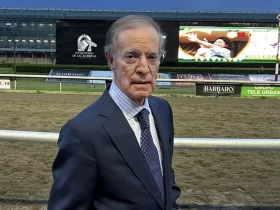
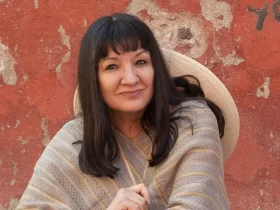

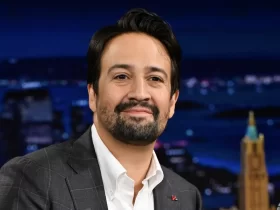
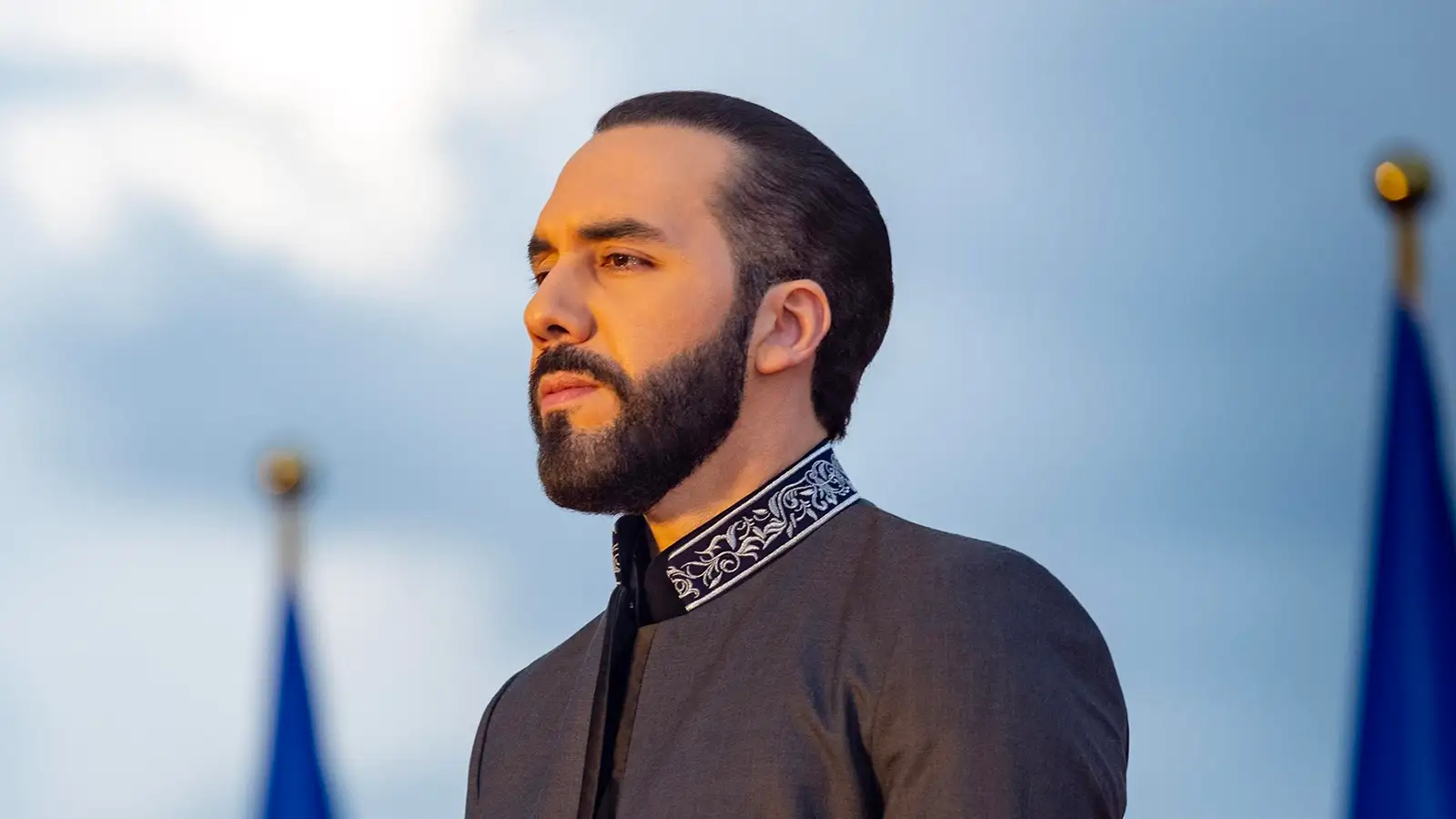










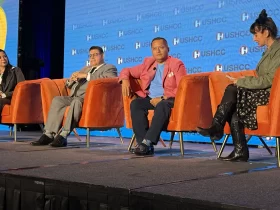















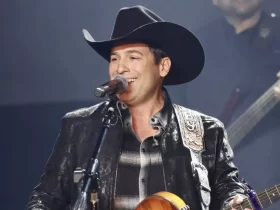


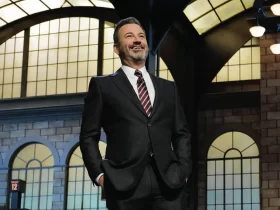
Leave a Reply